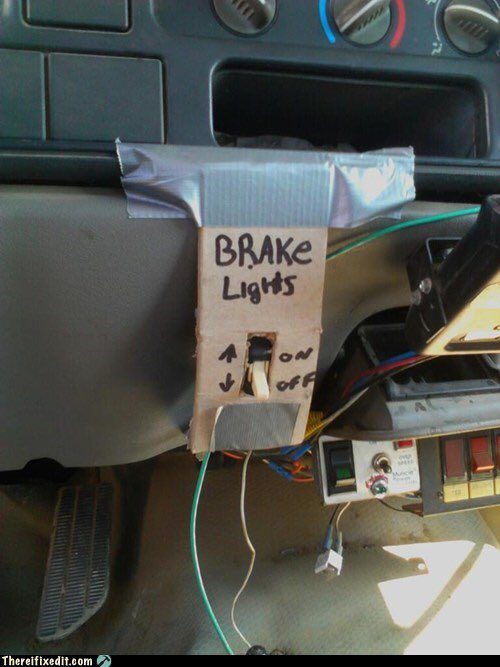I was honored to present a talk at the AllTheTalks conference a few weeks back.
tl;dr: slides are here, video is below
The topic was incident analysis (big surprise there!) and the notion of learning and fixing, and how these activities are related but not the same.
A key idea here is that rather than focusing on simply focusing on identifying fixes for parts involved in the event and instead focusing on developing a richer understanding of the event, a much greater ROI the effort will result, and that will include more effective “fixes” and more.
By a “richer understanding” I mean facets and elements of the incident that include:
- the origins of the event
- the history of other relevant projects or incidents in the past
- what was difficult for people attempting to understand what was happening
- where the event came from,
- the scope of what they understood
- what mattered about the event at the time
you’ll have a better shot at capturing what is interesting for those who:
- were not there at the time,
- who were there at the time but will want to revisit details that they’ve forgotten about it sometime in the future, and
- who might not even work at the company yet.
Here is the ~30 minute talk, with the amazing Sasha Rosenbaum as my host! I’ve included an interactive transcript as well.
